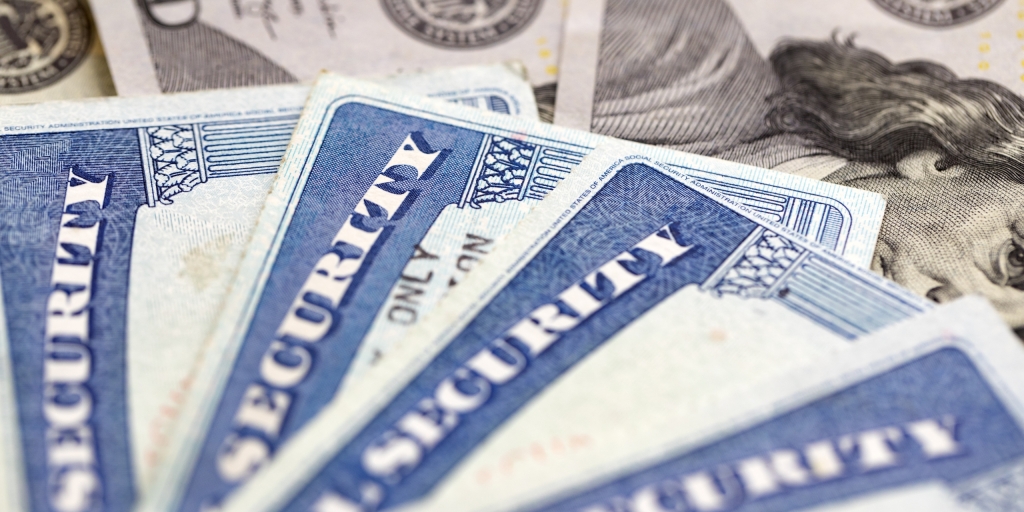Billionaires Elon Musk and Vivek Ramaswamy will lead President Trump’s Department of Government Efficiency (DOGE). Will the DOGE find the promised $2 trillion in wasteful spending to cut? Eliminating “wasteful” spending may prove harder than expected.
Federal spending is seriously out of kilter. The fiscal year 2024 deficit was $1.8 trillion despite the nation at peace and not in a recession. Such deficits will continue without change and worsen during slumps or conflicts. Our $36 trillion national debt exceeds GDP by a quarter while debt held by the public virtually equals GDP.
Lending is a voluntary market activity. Interest rates will rise sharply when investors no longer wish to lend more to Uncle Sam. We have not reached the limit to Federal borrowing, but given current deficits will hit the limit in closer to ten than fifty years. Cutting spending by $2 trillion would be an enormous step toward saving Uncle Sam from bankruptcy.
Mr. Musk and Mr. Ramaswamy have proposed significant deregulation in addition to spending cuts. I will focus here on spending and specifically the elusive nature of wasteful spending.
The late economist William Niskanen, the long-time president of the Cato Institute, once observed how in twenty-five years of working in DC he had never found an agency budget line labeled, “Waste, Fraud, and Abuse.”
This does deny wasteful spending, but the waste is not like pouring milk on the ground. Inefficient spending yields benefits less than costs, say $70 in value for every $100 spent. Identifying and cutting spending of this type will prove challenging.
Businesses can use profit and loss to guide their decisions because they sell goods and services to consumers. Mr. Musk can use losses to identify waste in his companies. Many government services either cannot be sold, what economists call public goods, or are deliberately made available for free. Public schools offer an example of the latter, since we do not charge tuition.
Comparing benefits and costs without prices is difficult. As an example, consider providing free school lunches (and breakfasts) to children from low-income households. Ensuring students eat at lunchtime facilitates learning. Children should not learn less because their family cannot afford to pay for lunch. Even fiscal conservatives like me recognize these goals are worthwhile, meaning that free school lunches provide benefits.
Economics denies the existence of free lunches, so taxpayers must pay for the lunches. Is the value of helping low-income children learn worth the cost? Economics’ benefit-cost analysis can help, but such estimates are only approximate.
Identifying wasteful spending is hard, and so is ending such programs. The beneficiaries will oppose their termination, whereas nobody supports pouring milk on the ground. Our elected representatives must bear the political fallout from cutting things like school lunches.
Surely eliminating fraudulent spending, like the estimated $200 billion in COVID relief that went to scammers, is easier, right? No one favors inappropriate payments, but they present other challenges.
Bureaucrats process applications for programs like unemployment and Social Security. If an applicant completes the requisite forms and presents the supporting documentation, the application is normally approved. Only blatantly fraudulent applications get rejected here. Fraud is generally uncovered later, as illustrated by IRS audits of tax returns.
This makes government programs vulnerable to fraud. Yet greater scrutiny of applications requires more personnel, delays approval, and rejects poorly documented legitimate claims. In choosing to get COVID relief dollars spent quickly we arguably accepted more fraud. Even fraud is difficult to prevent.
Similar for “unnecessary” bureaucrats or “frivolous” research grants. Review processes approved each position or grant application, judging that a satisfactory case had been offered. We could eliminate frivolous grants by, say, closing the National Science Foundation, but this raises the above question of benefits versus costs.
We could cut two trillion dollars from the federal budget by asking Washington to do less for us. And perhaps we should since the private sector can do many tasks more effectively than government. But eliminating wasteful government spending involves difficult judgments and considerable political will.
Daniel Sutter is the Charles G. Koch Professor of Economics with the Manuel H. Johnson Center for Political Economy at Troy University and host of Econversations on TrojanVision. The opinions expressed in this column are the author’s and do not necessarily reflect the views of Troy University.









